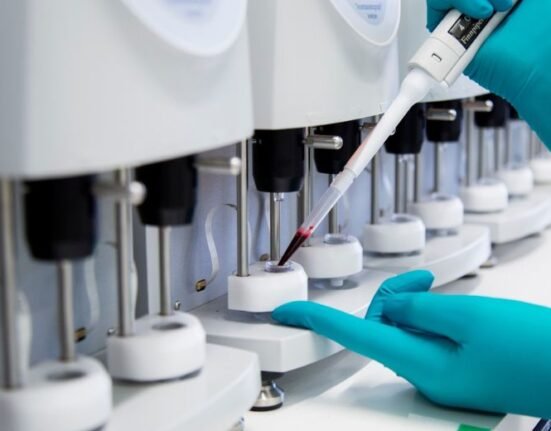Eating at the right time can help control obesity is the new mantra of all health experts. Another valuable insight into eating early and metabolism shows that risk of obesity could be lowered by eating our meals a few hours earlier.
Earlier studies have shown a link between meal timings and weight gain or loss. The new study has researched further into this association.” We wanted to test the mechanisms that may explain why late eating increases obesity risk,” says neuroscientist Frank Scheer, from Brigham and Women’s Hospital in Boston.
“Previous research by us and others had shown that late eating is associated with increased obesity risk, increased body fat, and impaired weight loss success. We wanted to understand why.”
Early Eating time Experiment
The research was undertaken in a highly controlled environment with 16 participants with a body mass index (BMI) in the overweight or obese range.
Each participant underwent two different experiments lasting six days, each with an interval in between. During this entire period, their sleeping and eating were tightly monitored.
For one experiment, the participants kept a strict schedule of three meals a day. The schedule was organised around regular timings of breakfast at 9 am, lunch at 1 pm and dinner around 6 pm.
The schedules were pushed back for the second experiment by several hours, and the last meal was taken by 9 pm.
The participants were monitored through blood samples, survey questions, and other measurements during these experiments.
The researchers found that when participants ate later, the hormone leptin levels, which determines our hunger levels, were lower after 24 hours, meaning participants felt hungrier. Another indication was that the calories were burned at a slower rate.
The observations also revealed that adipose tissue ( where we store fat) increased the adipogenesis process. This showed that fat tissues were being built, and the lipolysis process had slowed down, meaning fat breakdown was now sluggish. This means the process of fat storage had grown both physiologically and at the metabolic level.
Eating earlier easier than dieting
This study shows that eating a little earlier can prevent obesity risks by giving more time for the metabolism to kick in. This option is an easier way out for people struggling with diets.
“We isolated these effects by controlling for confounding variables like caloric intake, physical activity, sleep, and light exposure, but in real life, many of these factors may themselves be influenced by meal timing,” says Scheer.
Obesity can lead to health problems such as diabetes, cancer, heart issues and more.
The research team wants to expand their scope of research with more participants, as well as how changes in bedtime in relation to eating time might also factor into these processes.
“In larger scale studies, where tight control of all these factors is not feasible, we must at least consider how other behavioural and environmental variables alter these biological pathways underlying obesity risk,” says Scheer.
The research has been published in Cell Metabolism.








